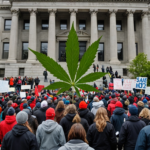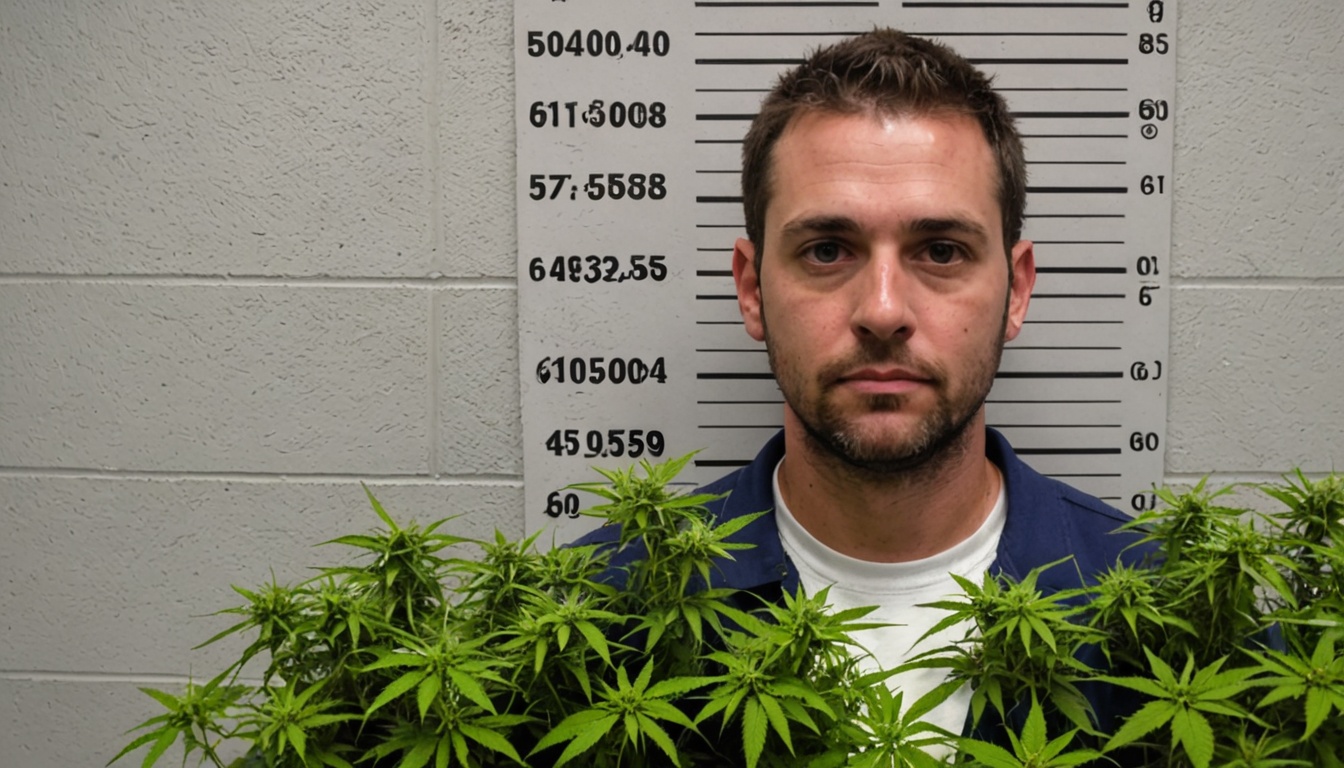Oklahoma’s Illegal Marijuana Market Worth Over $100 Billion, Officials Say
The illegal marijuana market in Oklahoma is now worth hundreds of billions of dollars, according to new statistics presented by the Oklahoma Bureau of Narcotics and the Texoma High Intensity Drug Trafficking Area. Between March 2024 and March 2025, the state’s tracking systems failed to account for approximately 70 million pounds of marijuana, which is nearly 30 times the amount needed to supply the state’s roughly 300,000 licensed medical marijuana patients.
This figure is a significant increase from the 22 million pounds of unaccounted marijuana reported between 2022 and 2023, indicating that the illegal market has continued to thrive despite years of enforcement efforts. According to officials, the increase is likely due to more growers complying with reporting requirements amid tighter enforcement, rather than a surge in production.
The new data comes from a report commissioned by U.S. Sen. James Lankford, R-Oklahoma, which highlights the overproduction of marijuana and its ties to illegal farms run by Chinese criminal groups. The report also notes widespread human trafficking, environmental problems, and national security risks associated with the illegal industry.
Oklahoma’s lack of production limits for marijuana farms stands in contrast to other states, which have implemented regulations to control the amount of marijuana produced. Officials are urging the legislature to commission a formal study to determine how much marijuana is needed for the state’s medical market and to develop production limits for grows based on the findings.
The illegal marijuana market is estimated to be worth between $126 billion and $245 billion, with black market prices ranging from $1,800 to $3,500 per pound. This is significantly higher than Oklahoma’s oil industry, which generated $55.6 billion in 2023.
The report’s findings have sparked calls for legislative action to address the issue. “We can’t arrest our way out of this,” said Donnie Anderson, the director of the Oklahoma Bureau of Narcotics. “If we did raids every day for the next five years—and we are doing them about every day — we won’t end this. We’ve got to address this legislatively. We’ve got to clean this up.”












